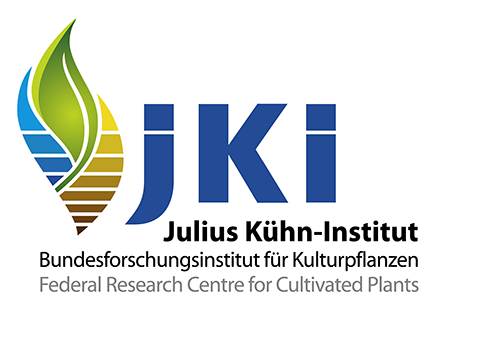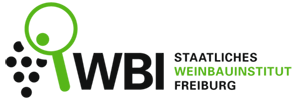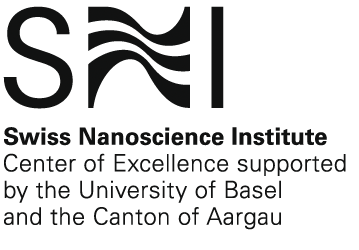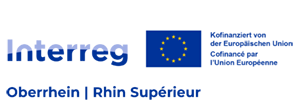Scientific portrait
Scientific portrait
The State Viticulture Institute Freiburg (ger. WBI) is a research and experimental facility of the state of Baden-Württemberg. The tasks of the institute are applied research and practice-related experimental activities in the fields of plant protection, resistance and clone breeding, viticulture and oenology. The focus is on research and development work on ecological and sustainable viticulture. The WBI is networked through co-operation with national and international universities and research institutes in the fields of phytopathology, grapevine resistance and breeding of PIWI varieties. The main focus is on grapevine peronospora, its infection mechanisms and epidemiology as well as its interaction with the host plant. Sufficient breeding strains with promising characteristics are available from the current cross-breeding work with PIWI. The musts of the products from the breeding are matured and analysed in the experimental winery at the institute. The development of new processes and wine styles in the oenology sector is intended to promote the establishment of new PIWI varieties.
Contribution to the project
Knowledge and experience are crucial on the subject of this project, particularly on the infection mechanisms and epidemiology of grapevine peronospora and
Botrytis. In collaboration with the Nano Imaging Lab Basel, detailed investigations have been carried out in recent years on berry stability and the nanostructure of the berry surface, from which important findings have been derived for the resistance and resilience of the berries.
Based on the scientific and practical experience with these varieties, new breeding lines with improved characteristics and parent varieties are now ready for further cross-breeding. Areas are set aside for field studies and evaluations. Experience is available for the transfer of knowledge into practice and public relations work, and there are contacts with various media. The WBI is in active dialogue with representatives of the wine industry and the state winegrowing advisory service.
Read all
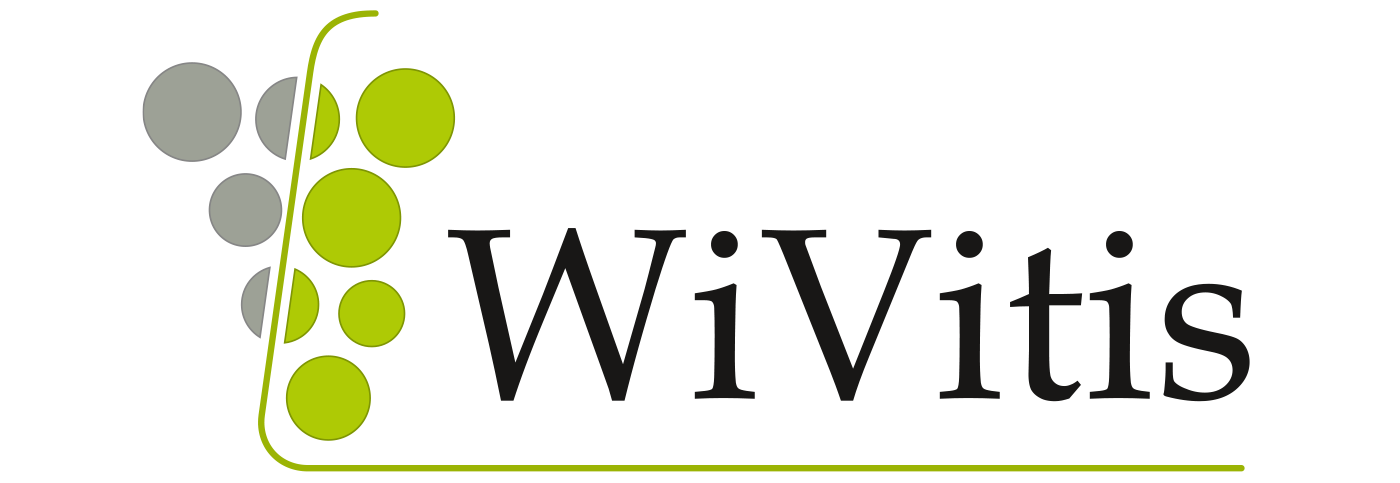
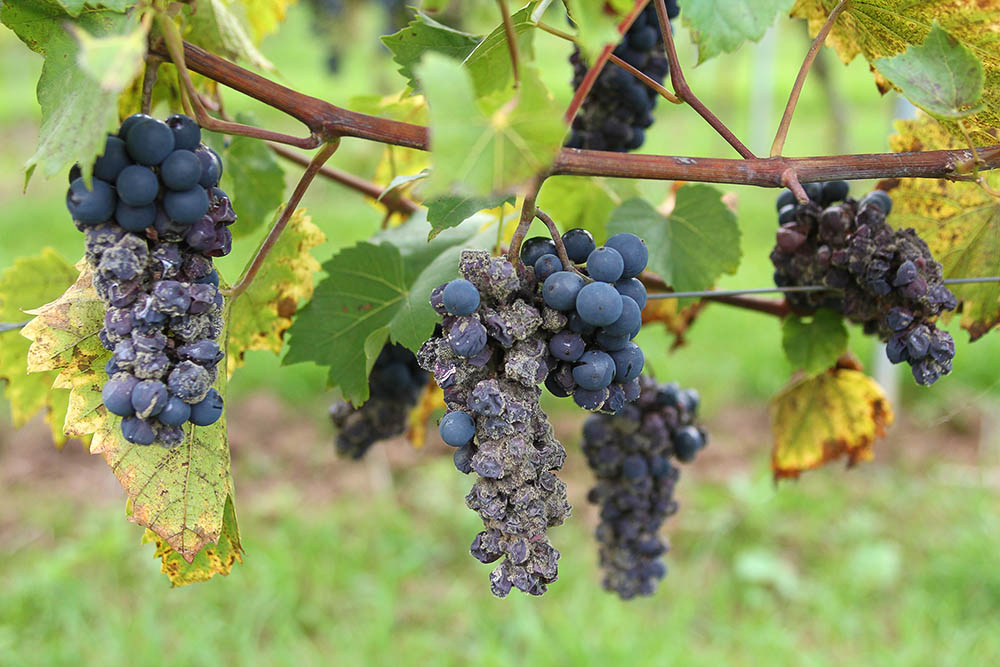 Grape with strong Botytris bunch rot caused by Botrytis cinerea | Photo: Katja Herzog, JKI
Grape with strong Botytris bunch rot caused by Botrytis cinerea | Photo: Katja Herzog, JKI
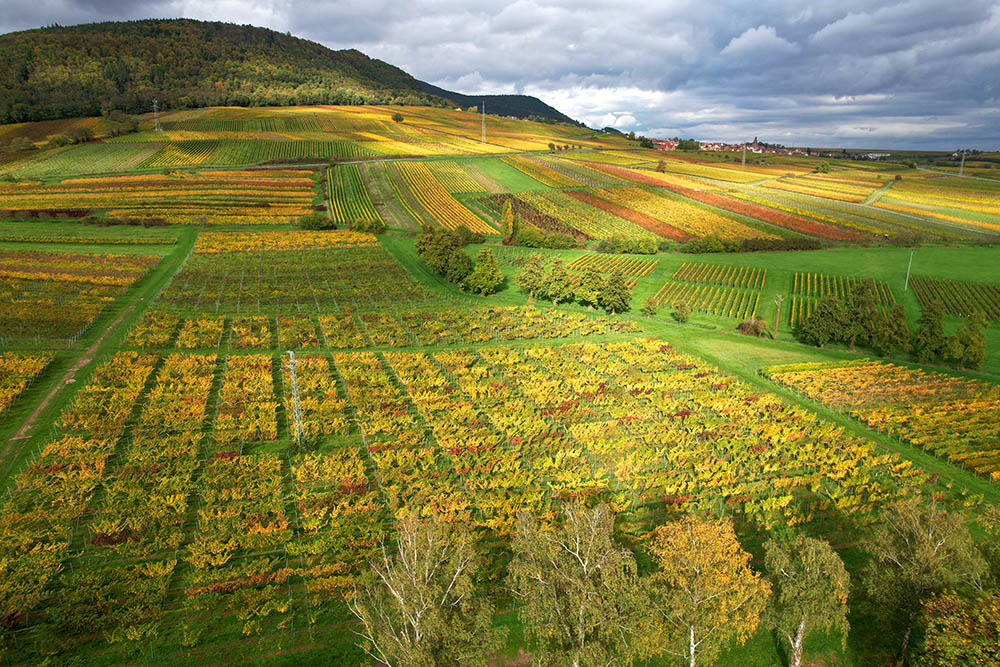 Photo: Xiaorong Zheng, JKI
Photo: Xiaorong Zheng, JKI
